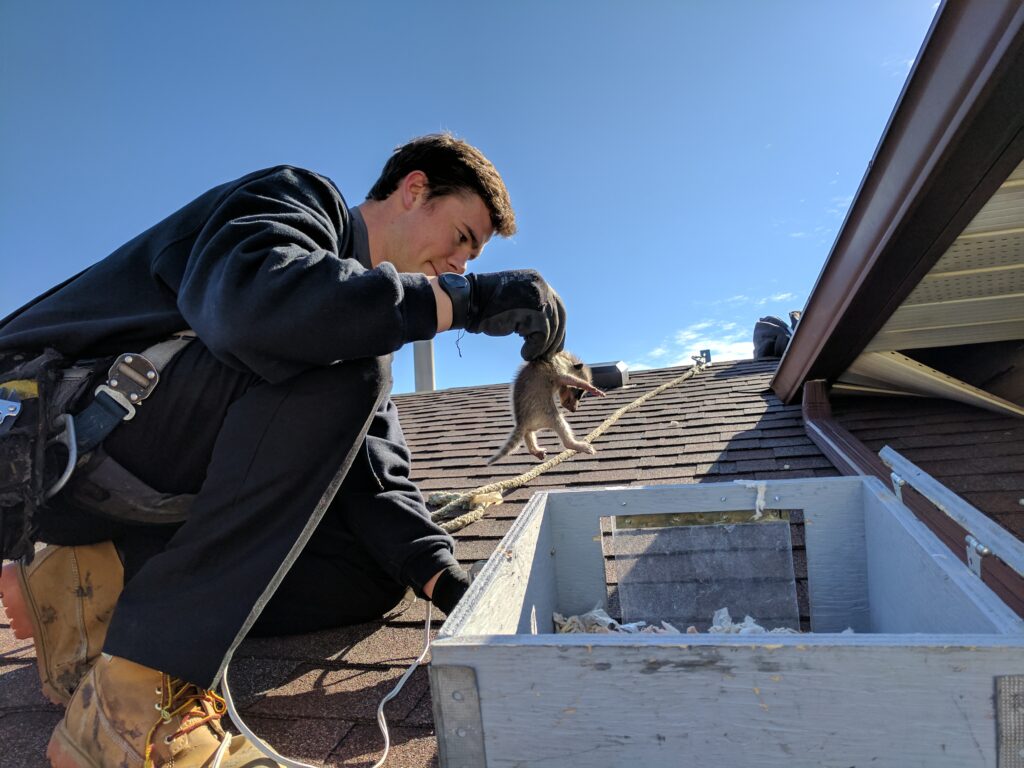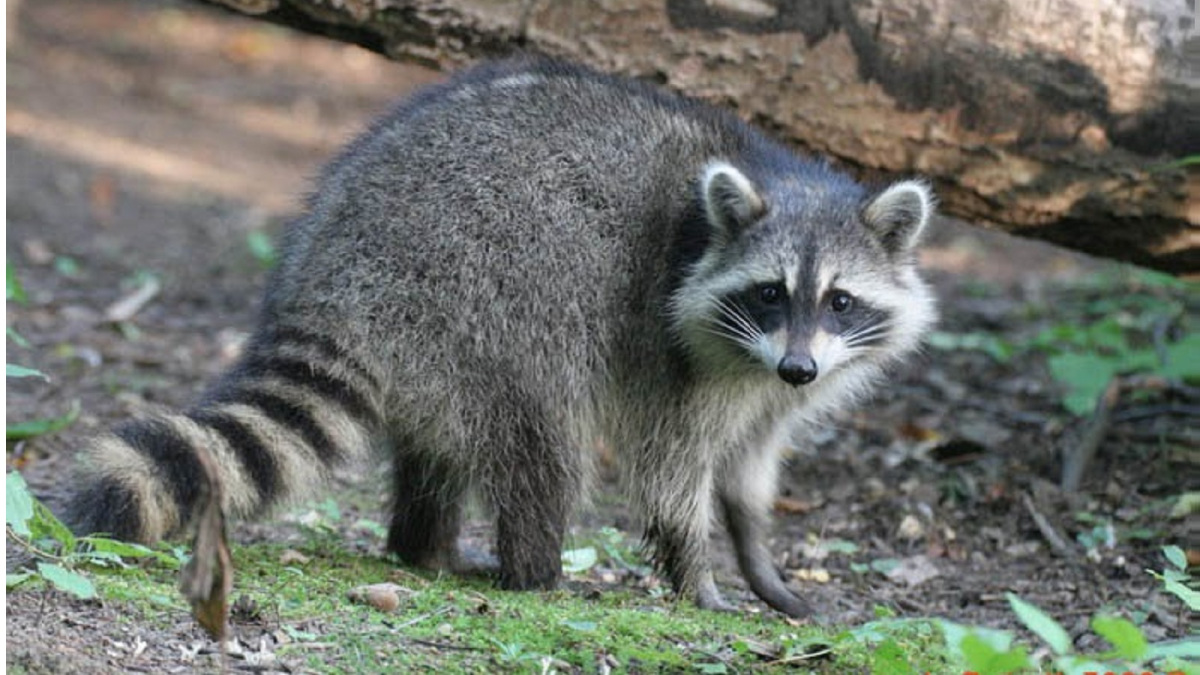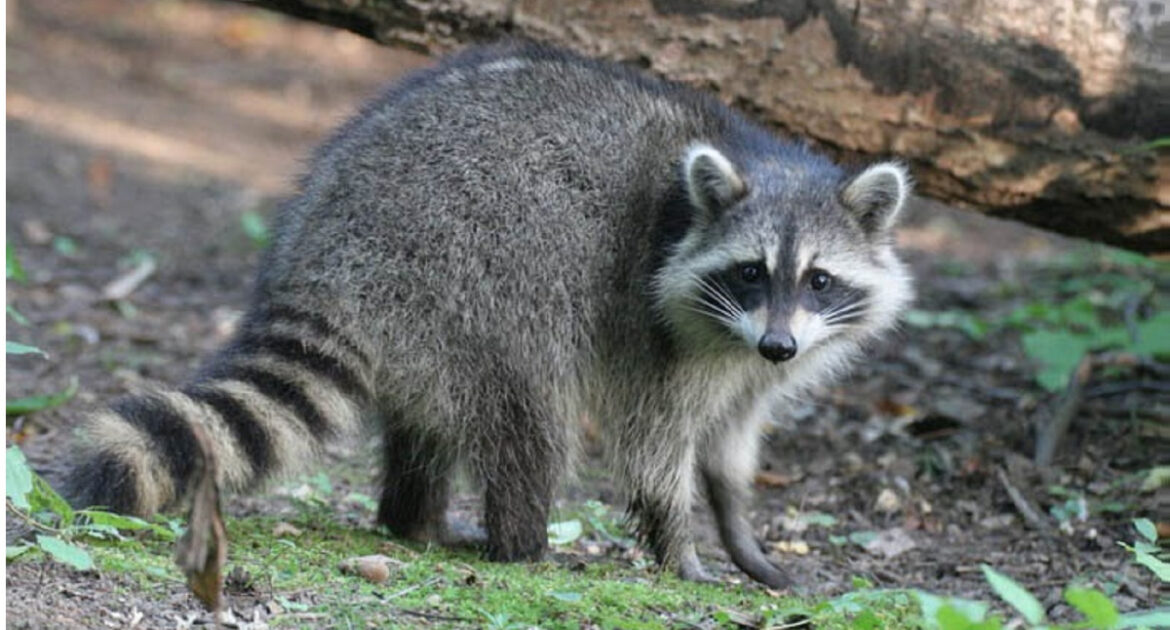Raccoons are nocturnal animals, so it is unusual to see them out during daytime hours. Some people are convinced that a raccoon out during the day is dangerous. However, the truth is a bit more complicated. A deviation from a raccoon’s normal nocturnal patterns can be a sign of trouble, but there are other, harmless reasons why this could happen.
You should not panic if you see a raccoon active in the daytime. Understanding the possible reasons why this could be happening may help you stay calm, assess the situation, and respond appropriately.
Are You More Likely To See a Raccoon Out During the Day at Certain Times of Year?
Raccoons mate in late winter and give birth in early spring. Raccoon babies are called kits, and there may be two to five kits in each raccoon litter. Initially, the mother raccoon nurses the kits, but eventually, she has to find food for them.
She may not find enough food to feed her babies during her normal nighttime scavenging hours. Therefore, she may also have to scavenge during the day. For this reason, you are more likely to see a raccoon out in the day during the spring when the kits are young. In fact, you may even see the mother raccoon outside with her kits as she teaches them to find their own food.
What Other Reasons Might You See a Raccoon Out in Daytime?
There are other, harmless reasons why you may see raccoons out during the day. Raccoons typically keep several den sites so that, if they have to leave one for some reason, they have somewhere else to go. If something startles a raccoon from its den during the day, you may see it travelling to a new one. If the raccoon is a mother with kits, she may have to make several trips, carrying the babies in her mouth.
Raccoons will eat almost anything but will gravitate to food that is easy to get. If an abundant source of food is more accessible during the day, they may change their nocturnal habits to take advantage of it.

When Is It Dangerous To See A Raccoon Out In The Daytime?
One reason why a raccoon may be out during the day is because it is infected with rabies. Rabies is caused by a virus that attacks the central nervous system. This can cause disorientation, and an infected raccoon may not be able to tell day from night.
A raccoon that is rabid typically exhibits other symptoms as well:
- High-pitched, repetitive vocalizations
- Excessive drooling or discharge from eyes
- Aimless wandering
- Self-mutilation
A raccoon that does not exhibit these symptoms probably isn’t rabid and may be out for some other reason.
What Do You Do if You See a Raccoon Out in Daytime?
Knowing what to do if you see a raccoon during the day is important. Always keep your distance. If the raccoon is rabid, it could bite and infect you. Even if the raccoon is not rabid, it could bite and scratch in self-defence, which could cause serious injuries and possibly expose you to other diseases.
Observe the raccoon from a safe distance. If it exhibits signs of rabies, call the proper authorities. If not, look to see where it goes to make sure it doesn’t have a den on your property. Avoid attracting raccoons to your property by securing potential food sources against wildlife.
Raccoons On Your Property? Call Skedaddle!
A raccoon out during the day isn’t always dangerous, but it may be a sign that wildlife has invaded your property. To avoid damage to your home and risks to your health, call Skedaddle for raccoon removal. We remove the raccoons humanely so they can relocate their families to a new den. Our process includes cleaning the mess they leave behind and preventing them from getting back inside your home.




